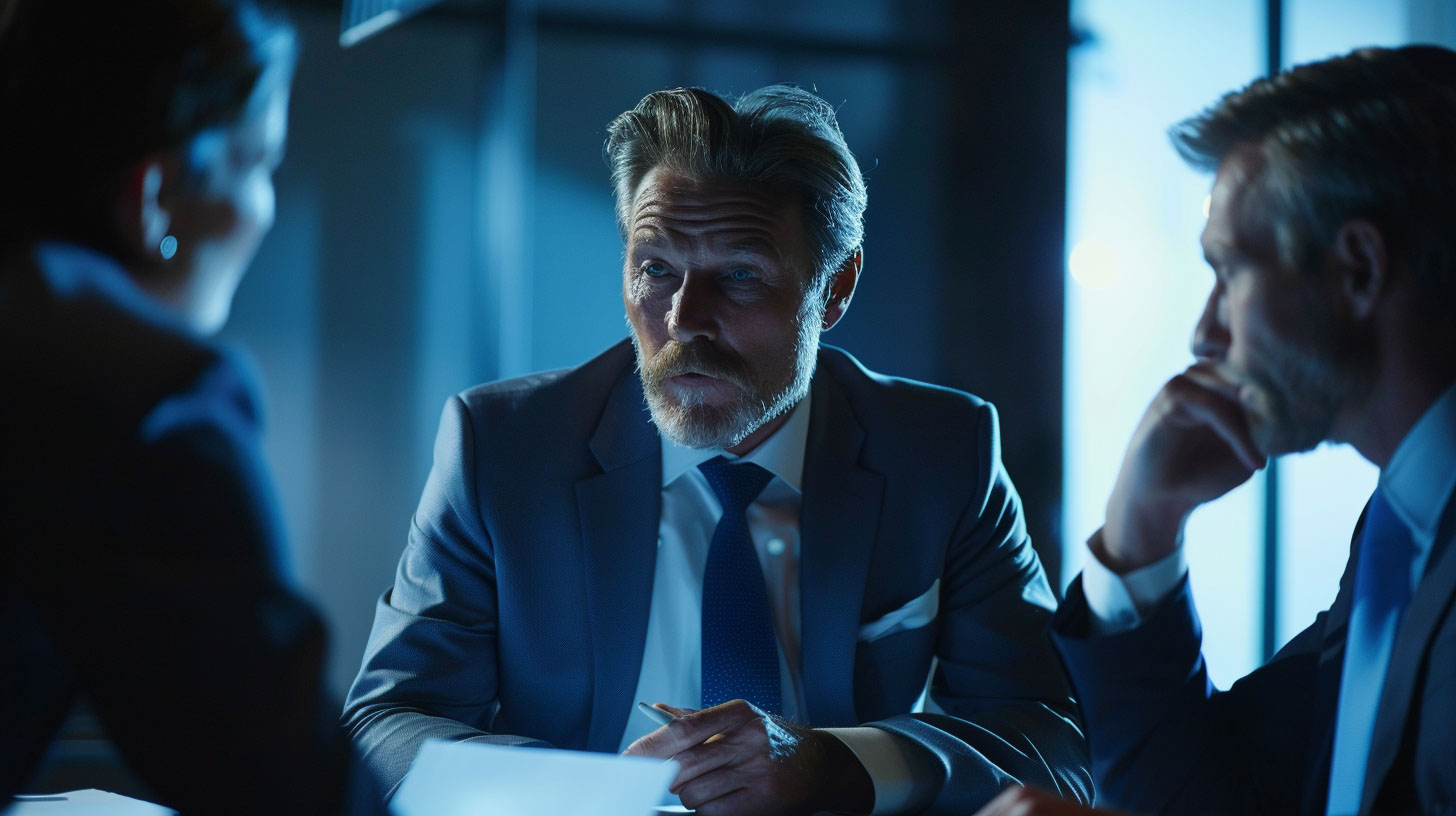The Democratic Republic of the Congo (DRC) is one of Africa’s largest countries both in terms of size and population, with a wealth of natural resources. The country has a complex legal framework that seeks to manage its vast territory and diverse population.
Legal System Overview
The DRC’s legal system is based on civil law principles, deriving largely from Belgian law, a legacy of its colonial past. The legal hierarchy consists of the Constitution, which is the supreme law, followed by international treaties and agreements that the DRC has ratified, organic laws, ordinary laws, and regulatory acts. The Constitution, which was adopted in 2006, provides for a semi-presidential system with separation of powers among the executive, legislative, and judiciary branches.
Executive Branch
The President is the head of state and government, serving as the commander-in-chief of the armed forces and ensuring the enforcement of the Constitution. The President appoints the Prime Minister, who then nominates the ministers. The executive branch has significant influence over policy-making and administration.
Legislative Branch
The National Assembly and the Senate comprise the country’s bicameral parliament. The National Assembly is the lower house, while the Senate is the upper house. Members of the National Assembly are elected by popular vote, whereas senators are elected by provincial legislatures. The parliament enacts laws, approves budgets, and provides oversight over the executive branch.
Judicial Branch
The DRC’s judicial system consists of a Supreme Court, Courts of Appeal, and lower courts. The judiciary is tasked with interpreting laws and administering justice. Despite its pivotal role, the judiciary faces challenges such as inadequate funding and political interference, which impact its efficiency and independence.
Business Environment
The DRC is rich in natural resources, especially minerals like cobalt, copper, diamonds, and gold. This wealth offers substantial opportunities for both domestic and foreign investors. However, the business environment is marred by numerous challenges, including political instability, weak infrastructure, and widespread corruption.
The government has implemented reforms to improve the business climate, such as establishing special economic zones and simplifying administrative processes for starting a business. Various laws regulate commerce, including the Investment Code, the Mining Code, and the Labor Code.
Investment Code
The Investment Code aims to attract foreign direct investment by offering incentives like tax breaks and customs exemptions. It guarantees non-discriminatory treatment for foreign investors and protects their investments from expropriation without fair compensation.
Mining Code
The 2018 Mining Code aims to maximize the benefits of mineral resources for the Congolese people. It introduced higher royalty rates, new taxes, and increased state participation in mining projects. This code has been a subject of debate due to its impact on the investment climate.
Labor Code
The Labor Code regulates employment relationships, emphasizing workers’ rights and employer obligations. It sets out rules on employment contracts, working conditions, minimum wage, and dispute resolution mechanisms.
Conclusion
The legal framework of the Democratic Republic of the Congo is comprehensive and designed to manage a complex and resource-rich country. While significant strides have been made, challenges remain, particularly in the realms of judicial independence and business environment improvements. Sustainable development and political stability are critical for the DRC to realize its full potential as one of Africa’s leading nations. By continuing to refine its laws and policies, the country can attract more investment, foster economic growth, and improve the quality of life for its citizens.
Suggested Related Links About The Legal Framework of the Democratic Republic of the Congo:
International Committee of the Red Cross
